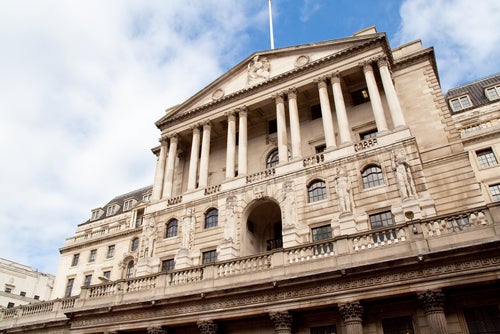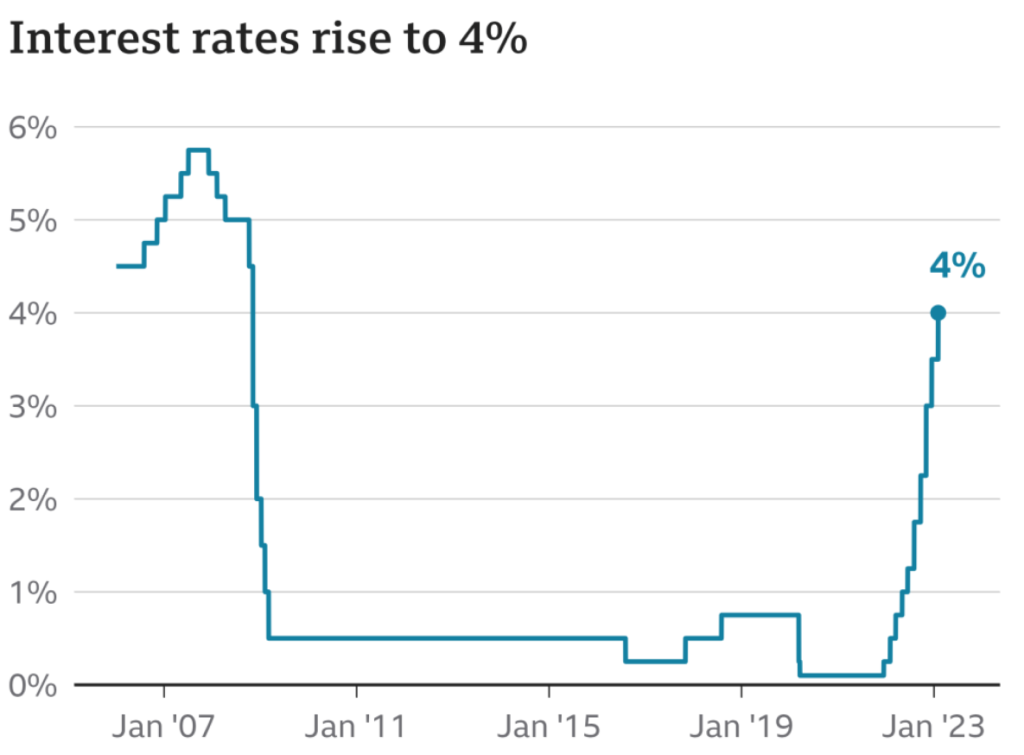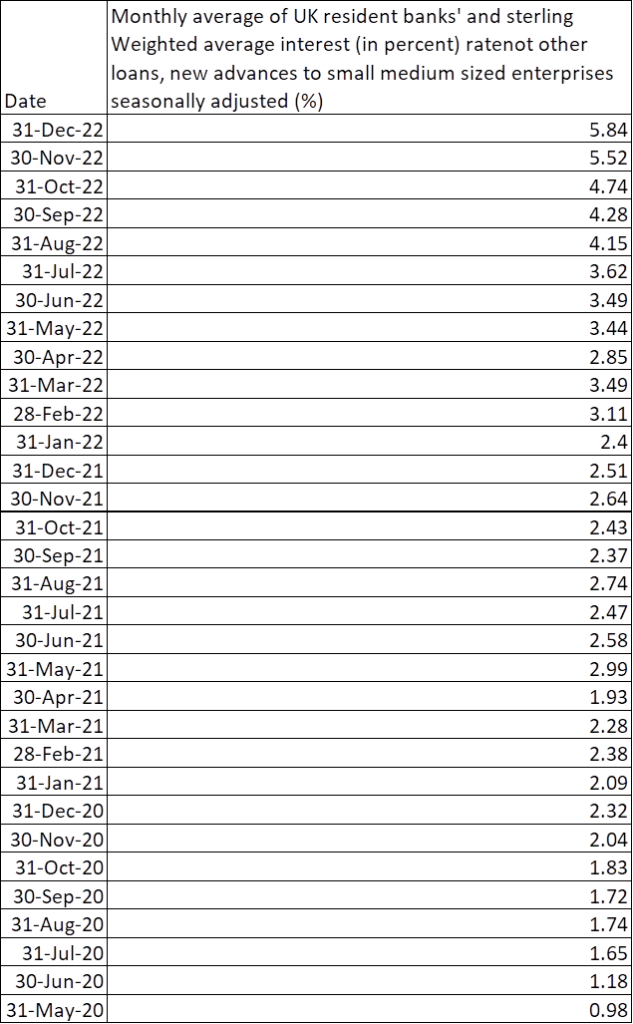
UK small businesses face surging interest rates on lending, with the average rate on new bank loans written increasing fivefold from just 0.98% in May 2020 to 5.84% in December 2022, says UHY Hacker Young, the accountancy group.
Many SMEs, due to the lack of collateral, will be unable to borrow from banks and will have to pay even higher interest rates from other non-bank funders.

Access deeper industry intelligence
Experience unmatched clarity with a single platform that combines unique data, AI, and human expertise.
These rates are expected to continue to rise if the Bank of England increases its base rate again. The central bank has pushed up its base rate nine consecutive times in the past year in a bid to control spiralling inflation.
The higher cost of servicing debt means that SMEs will face further financial stress, with many already struggling to cope with rising inflation, labour shortages and surging costs.


Alison Price, Partner at UHY Hacker Young says: “Rising rates on borrowing can have a major impact on small businesses. Many small businesses are operating on tight margins so even a slight increase in borrowing costs can have a significant impact.”
“These interest rates on bank lending are about the cheapest borrowing that SMEs can get. The interest rates on non-bank lending for SMEs will be far higher.”

US Tariffs are shifting - will you react or anticipate?
Don’t let policy changes catch you off guard. Stay proactive with real-time data and expert analysis.
By GlobalDataSays Alison Price: “For those SMEs who are already struggling with the cost-of-living increases, higher interest rates could mean serious financial trouble.
The situation is unlikely to change for SMEs soon, with the Bank of England unlikely to bring rates down until it sees inflation fall substantially.
Future lending to SMEs will also be harder to secure, with the Prudential Regulatory Authority (PRA) warning lenders to scrutinise applicants more thoroughly.
Henry VIII’s Grade II listed regiment building to host asset finance summer party







